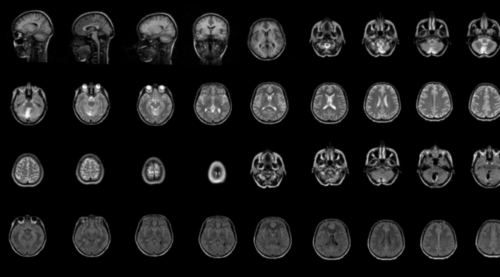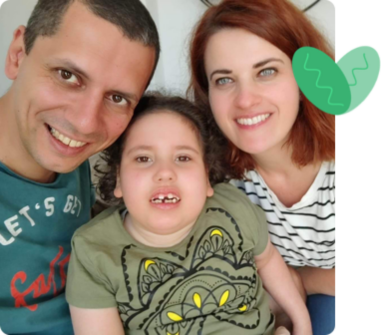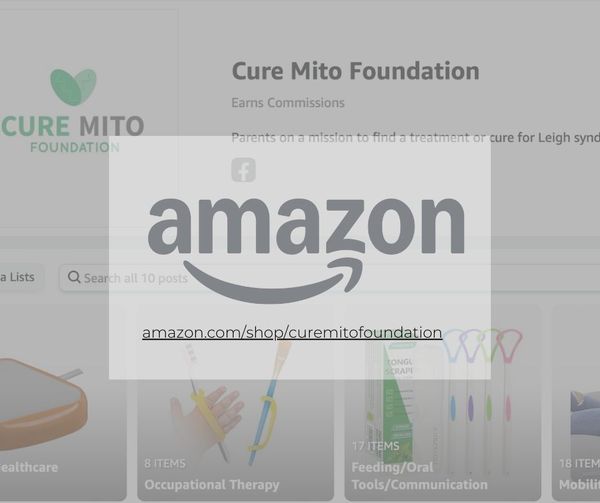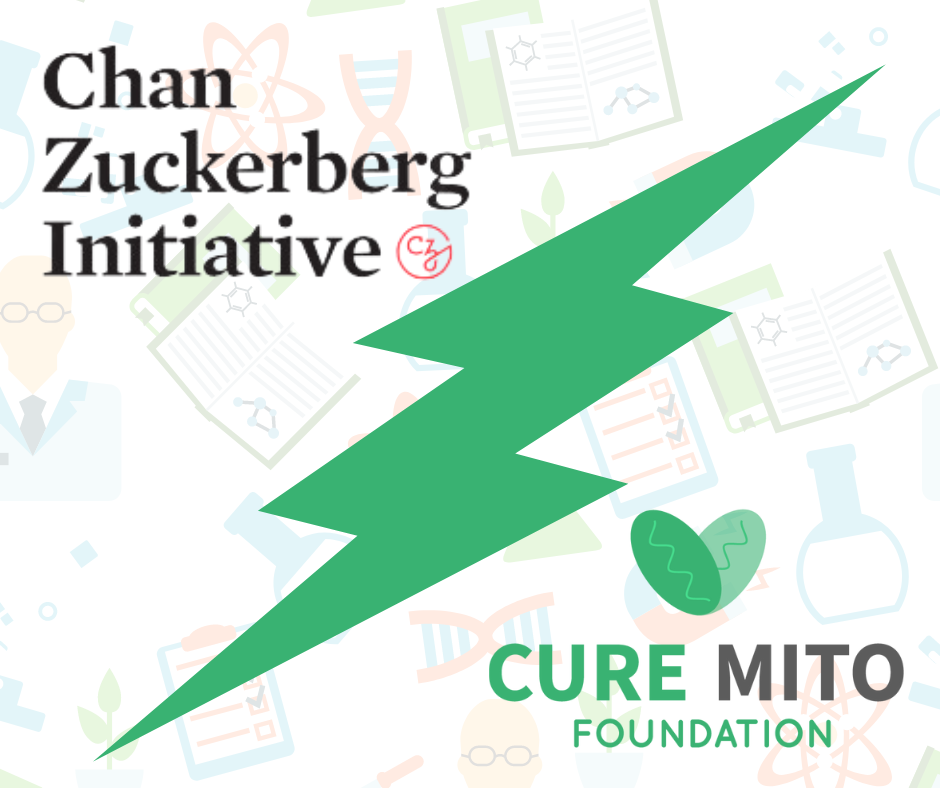Stay informed with updates on our research, events, community initiatives, and ways to get involved!
We are here for every step of your journey.
The Cure Mito Foundation is a leading patient advocacy organization dedicated to Leigh syndrome and mitochondrial diseases research and empowering affected families worldwide. We provide opportunities to connect, learn, and find resources, strength, and courage to live your best life.
Research
The Cure Mito Foundation unites the global Leigh syndrome community to accelerate patient-centered research, treatments, and cures. We are partners on several cutting edge projects, including gene therapy, drug repurposing, and other innovative Leigh syndrome research initiatives.
LEARN MOREAbout Leigh Syndrome
Leigh syndrome is the most common pediatric mitochondrial disease. It is a neurodegenerative disease causing the loss of abilities to walk, talk, swallow. Leigh syndrome can be caused by 110+ nuclear and mitochondrial DNA mutations. Approximately 1 in 40,000 are affected.
LEARN MORENewly Diagnosed?
If you or your loved one has been newly diagnosed, know that you are not alone. We are here to support you with resources, guidance, and a community of families who understand and are dedicated to helping you navigate this journey.
Leigh Syndrome Facts
1 in 40,000
individuals are affected
2 mo – 3 yrs
symptoms start
110+
genetic mutations

History of Leigh Syndrome
Leigh syndrome is named after Dr. Denis Leigh, a neuropathologist in London, who first described the condition in 1951. It is characterized by specific brain lesions, which are a unique feature of the condition. These lesions typically appear in the basal ganglia, brainstem, and cerebellum. The affected areas often exhibit bilateral symmetrical necrotic or degenerative changes. These distinctive lesions are one of the key diagnostic markers used in identifying it.
Patient Registry
Join the registry to be counted no matter where you are in the world, help advance the understanding of Leigh syndrome, raise awareness for the need for treatments, and stay informed on research and clinical trial opportunities.
Global
Largest LS registry in the world, 350+ participants, 40+ countries
Accessible
Accessible and available data
Results
Results are always reported back to the community, keeping you informed
WHAT OTHERS ARE SAYING
“Working with Cure Mito has been such a wonderful experience. They are very professional, knowledgeable, and committed to improving diagnosis and treatment for all individuals with mitochondrial diseases. They make it their mission to have everyone they touch benefit from the interaction.”
Susan Clement
Senior Director Strategic Marketing at Saol Therapeutics
“When our daughter diagnosed, we were given zero hope or help. Finding Cure Mito was the best thing that happened to us. We found a community of parents running the work and every penny going to research. We knew this was the place for us. There are so many resources for newly diagnosed families, so many projects and ways you can get involved for your child and their specific mutation. I cannot recommend this organization enough!”
Lauren Hurt-Ashwin
Delta’s mom, Cure Mito Board Member






